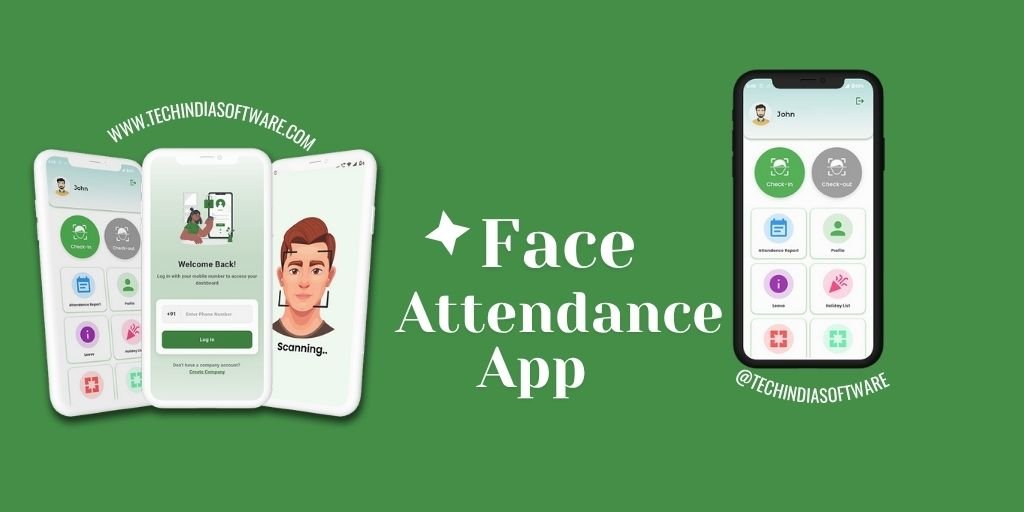As artificial intelligence continues to revolutionize industries across the board, healthcare is undergoing one of the most profound transformations. A key innovation driving this shift is Agentic AI—a type of AI that functions independently, makes its own decisions based on data, and interacts dynamically with its environment. When applied to medicine, Agentic AI in healthcare offers a proactive, patient-centered approach that redefines the delivery of medical services.
This article explores what Agentic AI entails, its real-world uses in healthcare, the benefits it brings, and the challenges that must be addressed for widespread adoption.
Understanding Agentic AI
Agentic AI refers to autonomous software agents designed to pursue specific goals, adapt to changing conditions, and make intelligent choices based on context. Unlike conventional AI tools that require direct input and instruction, agentic systems operate more like collaborators—capable of initiating actions, learning from feedback, and aligning their behaviors with intended outcomes.
In healthcare, these agents don’t just process data—they interpret, anticipate, and act. This allows them to deliver timely recommendations, provide continuous care, and support clinicians in making better decisions for patients.
How Agentic AI Works in Medical Settings
In practice, agentic AI in healthcare is embedded within platforms that interact with various medical systems—such as electronic health records (EHRs), wearable health trackers, diagnostic machines, and hospital management software.
For example, an agentic AI monitoring a patient with asthma might:
-
Collect and interpret breathing patterns from a smart device,
-
Detect irregularities that could lead to an asthma attack,
-
Alert the physician or caregiver in real time,
-
Offer immediate steps to avoid hospitalization.
This level of intelligence and initiative makes Agentic AI an invaluable partner in both acute and long-term healthcare settings.
Key Use Cases of Agentic AI in Healthcare
1. Managing Chronic Conditions
Patients with long-term conditions like hypertension or diabetes benefit significantly from agentic AI. These agents monitor real-time health data, identify concerning trends, and guide patients or providers toward preventive steps—helping avoid complications or hospital visits.
2. Hospital Operations and Workflow
In large healthcare institutions, agentic AI can streamline operations by handling scheduling, bed assignments, resource distribution, and emergency response coordination. These agents ensure smoother workflows and optimize staff productivity.
3. Smart Virtual Health Assistants
Agentic AI enables the creation of advanced virtual assistants that engage with patients beyond basic chatbot functionality. These systems can remind patients about medications, offer tailored health tips, and even help manage mental health with ongoing check-ins.
4. Preventive and Personalized Healthcare
By continuously analyzing patient behavior, environment, and history, agentic AI can predict future health issues and recommend lifestyle changes. Whether it’s suggesting a routine check-up or flagging a genetic risk, these systems support a more preventative approach to health.
5. Clinical Decision Assistance
Medical professionals can use agentic AI to assist in analyzing complex data sets—ranging from imaging and lab results to treatment guidelines and previous diagnoses. The AI can offer real-time suggestions that support more accurate and timely clinical decisions.
Benefits of Using Agentic AI in Healthcare
1. Constant, Real-Time Support
Agentic systems never rest. They monitor patient health around the clock, enabling early intervention and reducing the risk of emergencies going unnoticed.
2. Reduced Administrative Burden
By automating repetitive tasks—like documentation, follow-ups, or patient coordination—agentic AI frees up time for healthcare workers to focus on what matters most: patient care.
3. Speedier Medical Responses
In time-sensitive situations, agentic AI can analyze the data and act faster than any human, delivering potentially life-saving decisions without delay.
4. Highly Tailored Care Plans
These AI agents create unique care strategies for individuals, considering everything from genetics to daily habits. This personalization enhances outcomes and patient satisfaction.
5. Wider Access to Healthcare
In remote or underserved areas, agentic AI can serve as a virtual health provider, extending access to quality medical services where doctors may not be available.
Challenges to Implementation
Despite its many strengths, integrating agentic AI into healthcare systems presents several challenges:
– Protecting Patient Privacy
Handling sensitive health data means these systems must meet strict standards for security and privacy, in compliance with regulations such as HIPAA and GDPR.
– Ethical Accountability
As agentic systems grow more independent, ethical questions arise. Who is responsible if a machine makes a poor clinical decision? Ensuring human oversight remains critical.
– Bias and Fairness
Agentic AI must be trained on diverse data to avoid replicating or amplifying existing biases in healthcare. Failure to do so could lead to unequal treatment outcomes.
– Technical Integration
Many hospitals use outdated or siloed systems. Bringing in agentic AI often requires upgrading infrastructure or creating new standards for interoperability.
– Navigating Regulation
The healthcare industry is tightly regulated. Validating, certifying, and approving autonomous AI agents for clinical use involves a lengthy and rigorous process.
What Lies Ahead for Agentic AI in Healthcare
The future of Agentic AI in healthcare is both exciting and complex. We can expect to see increasingly intelligent systems acting as autonomous clinical aides, monitoring patients at home, guiding wellness journeys, or supporting emergency responders with instant analysis.
As technologies like large language models and neural networks evolve, these AI agents will become more conversational, empathetic, and capable of handling nuanced medical tasks. They may soon help train medical students, support elderly care at scale, or drive innovation in global health delivery.
Conclusion
Agentic AI is not just another digital tool—it represents a fundamental shift in how care can be delivered. With the ability to think, act, and adapt independently, these systems offer new possibilities for improving health outcomes, lowering operational costs, and empowering both patients and professionals.
However, thoughtful implementation is key. Data ethics, system integration, and regulatory compliance must go hand in hand with innovation. If done right, Agentic AI in healthcare could lead to a smarter, safer, and more accessible global healthcare system.










Leave a Reply